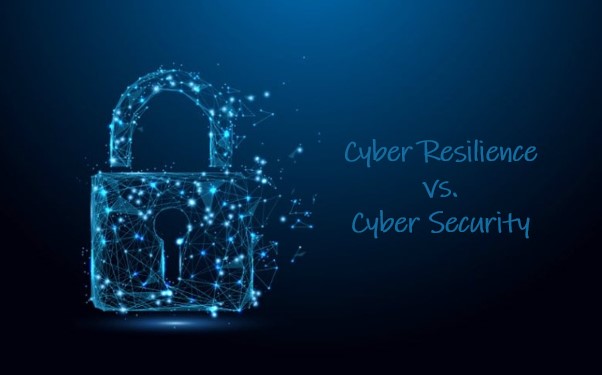Securing the Future: Navigating the Cybersecurity Challenges of Remote and Hybrid Work
August 18, 2023

The way we work has undergone a significant transformation, with remote and hybrid work becoming the new norm for many organizations. While these flexible work models offer numerous benefits, they also bring unique cybersecurity challenges. In this blog post, we will explore the security implications of remote and hybrid work arrangements and discuss essential measures to protect sensitive data and maintain a secure work environment.
The Changing Landscape: Remote and Hybrid Work
Remote Work: Remote work refers to the practice of working from outside the traditional office environment, often from home or other remote locations. It provides employees with the flexibility to work outside of the physical office, leveraging digital tools and communication technologies to collaborate with colleagues.
Hybrid Work: Hybrid work combines both remote and in-office work, allowing employees to split their time between the office and remote locations. This model offers flexibility while still fostering face-to-face collaboration and team interactions.
Understanding the Cybersecurity Challenges
Endpoint Security: With remote and hybrid work, employees connect to corporate networks and access sensitive data from various devices and locations. This increases the attack surface, making endpoint security a crucial concern. Organizations must implement robust endpoint security measures such as antivirus software, firewalls, and regular patch management to mitigate risks.
Secure Remote Access: Remote work relies heavily on remote access technologies like virtual private networks (VPNs) or remote desktop protocols (RDP). Ensuring secure and encrypted remote access is essential to prevent unauthorized access and data breaches. Multi-factor authentication (MFA) should be implemented to strengthen authentication processes.
Home Network Security: Employees working remotely often use their home networks, which may have weaker security configurations compared to corporate networks. Organizations should educate employees on the importance of securing their home networks, including setting strong passwords for Wi-Fi routers, regularly updating firmware, and using encrypted connections.
Data Protection: Sensitive data may be transmitted, stored, or accessed outside the traditional office environment, increasing the risk of data breaches. Encryption of data in transit and at rest, data loss prevention (DLP) measures, and secure cloud storage solutions can help safeguard sensitive information.
Phishing and Social Engineering: Remote and hybrid work arrangements present new opportunities for cybercriminals to exploit employees through phishing emails, malicious links, or social engineering tactics. Ongoing cybersecurity awareness training programs are vital to educate employees about identifying and mitigating these threats.
Collaboration and Communication Tools: Remote and hybrid work heavily rely on collaboration and communication tools like video conferencing, messaging apps, and file-sharing platforms. Organizations should carefully select and secure these tools, ensure they adhere to best security practices, and regularly update them to address vulnerabilities.
Employee Awareness and Training: Remote and hybrid work environments demand heightened cybersecurity awareness among employees. Organizations should provide regular training on topics such as secure remote work practices, password hygiene, identifying phishing attacks, and the safe use of personal and work devices.

Key Security Measures for Remote and Hybrid Work
Strong Security Policies: Develop comprehensive security policies that address remote and hybrid work scenarios. Include guidelines on acceptable use of technology, password requirements, data handling, and incident reporting.
Regular Risk Assessments: Conduct regular risk assessments to identify vulnerabilities, address gaps, and prioritize security investments based on the specific needs of remote and hybrid work environments.
Secure Collaboration Tools: Choose collaboration and communication tools with strong security features and end-to-end encryption. Implement access controls, enforce strong passwords, and educate employees about secure usage.
VPN and Remote Access: Implement VPNs or secure remote access solutions to ensure encrypted connections between remote workers and corporate networks. Apply MFA for additional authentication layers.
Employee Device Security: Establish device security policies, including the use of company-approved devices, regular software updates, strong password policies, and device encryption.
Incident Response Planning: Develop a comprehensive incident response plan tailored to remote and hybrid work scenarios. Clearly define roles, responsibilities, and communication channels to respond quickly and effectively to security incidents.

Remote and hybrid work models offer flexibility and increased productivity but introduce unique cybersecurity challenges. Organizations must adapt their security strategies to address these challenges and protect sensitive data in the evolving work landscape. By implementing strong security measures, raising employee awareness, and prioritizing ongoing training, organizations can ensure a secure remote and hybrid work environment and confidently embrace the future of work.
Have Any Question?
Call or email Cocha. We can help with your cybersecurity needs!
- (281) 607-0616
- info@cochatechnology.com




